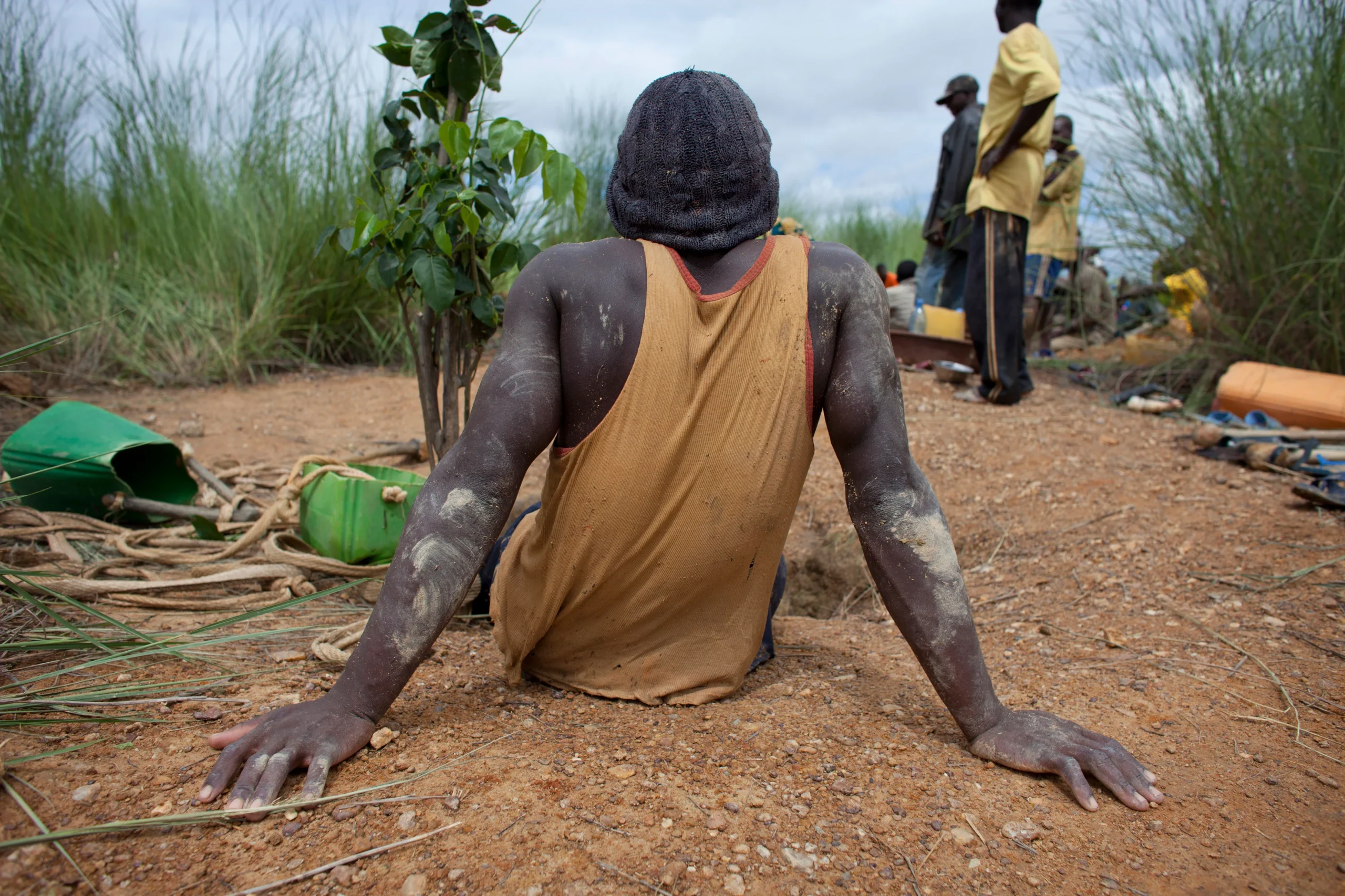
Mali's gold reserves decline by 17% over two years, industry faces challenges
Your go-to source for in-depth coverage of political developments, economic trends, social affairs, and vibrant cultural stories from across the continent.

Mali's gold reserves decline by 17% over two years, industry faces challenges
Mali, a leading gold producer in Africa, has witnessed a significant reduction in its gold reserves over the past two years.
According to data from the Malian Ministry of Mines, the reserves held by mining companies have decreased by 17%, dropping from 881.7 tonnes in 2022 to 731 tonnes in 2024.
This decline is largely attributed to ongoing exploitation activities.
In 2023, Mali’s gold production reached 66.5 tonnes, but the output is projected to fall by 14% in 2024, reaching an estimated 57.3 tonnes.
The Samaya mine, owned by the Australian company Resolute Mining, holds the largest reserves in the country, with over 141 tonnes in stock.
Following closely are the Sadiola and Fekola mines, managed by Canadian companies Allied Gold and B2Gold, respectively.
These mines are key players in Mali’s industrial gold production sector.
Despite the notable decrease in reserves, the Ministry of Mines has not provided specific reasons for this trend.
However, it is widely understood that the decline is due to the natural depletion of resources as extraction continues.
Many older mines are experiencing reduced yields compared to their initial production levels.
The situation in Mali is further complicated by the challenges of monitoring artisanal gold mines.
Reliable data on these smaller operations is difficult to obtain, as they are scattered across the country.
One of the most notable of these is the Intahaka mine, located 80 kilometers from Gao.
Intahaka, which had been under the control of armed groups for several years, was taken over by the Malian army and Wagner Group forces in February.
Their presence is aimed at securing the site and tapping into the potential wealth that the mine represents.
Throughout Mali and the wider Sahel region, illegal gold trafficking, often facilitated by corrupt officials, continues to undermine state revenues.
This illicit trade poses significant economic challenges for the region, as the loss of potential earnings from gold mining impacts the financial stability of these nations.
I am an avid African news observer, and an active member of Daily Mail Africa.
I’m Passionate about staying informed on diverse topics across the continent,
I actively contribute to publishing on political, economic and cultural developments in Africa.